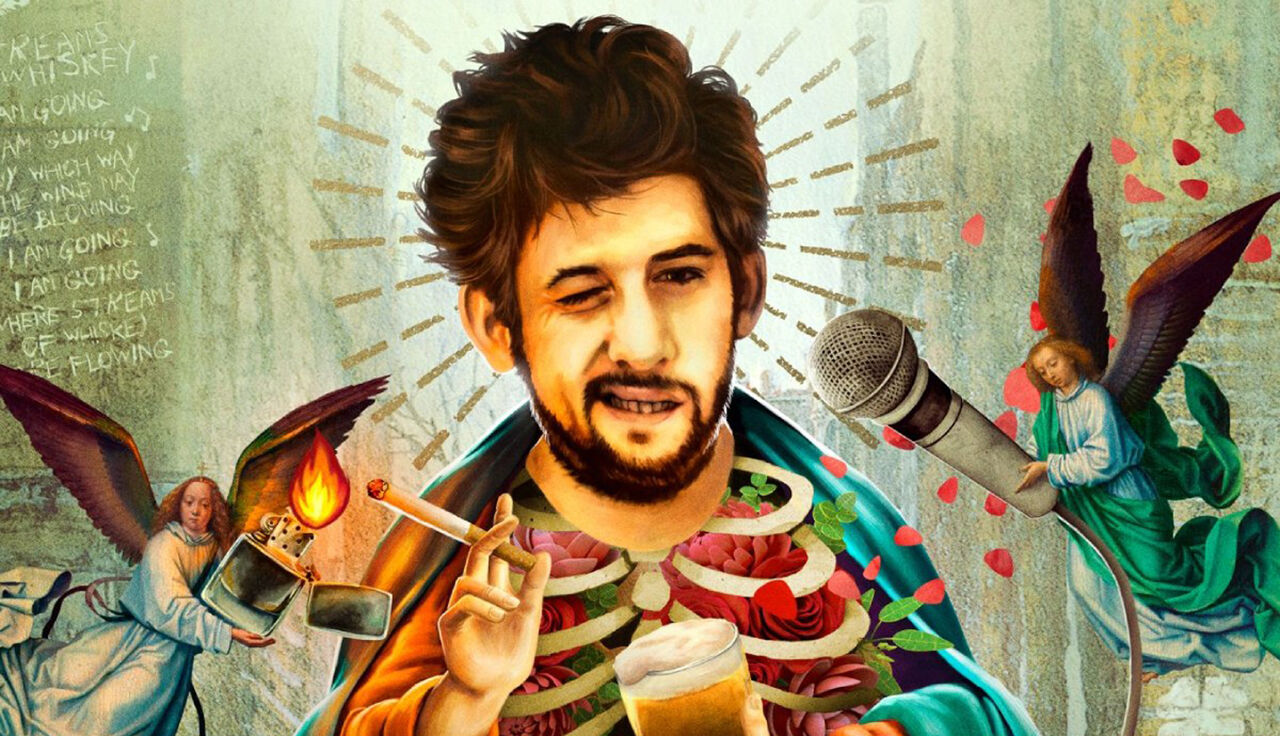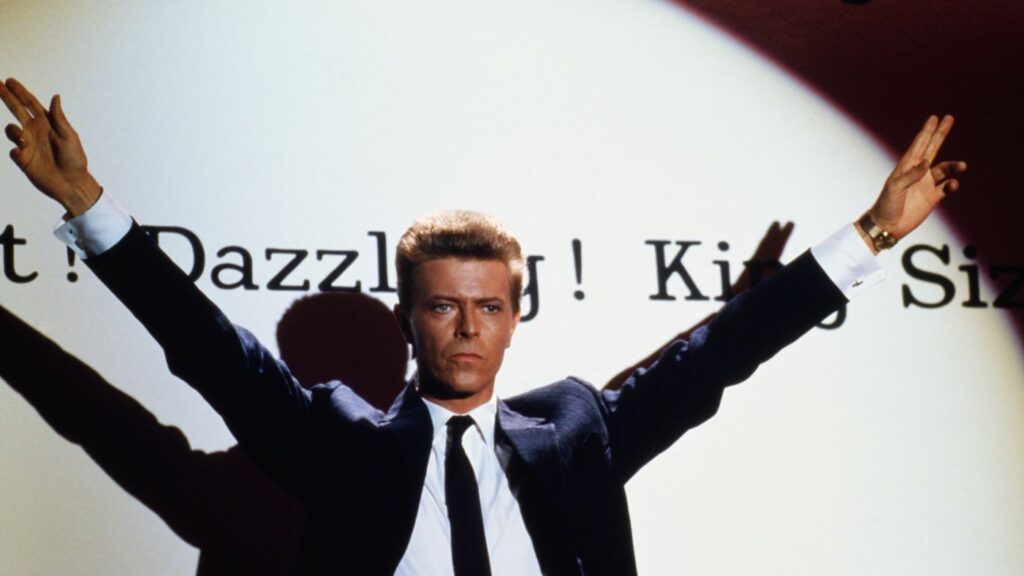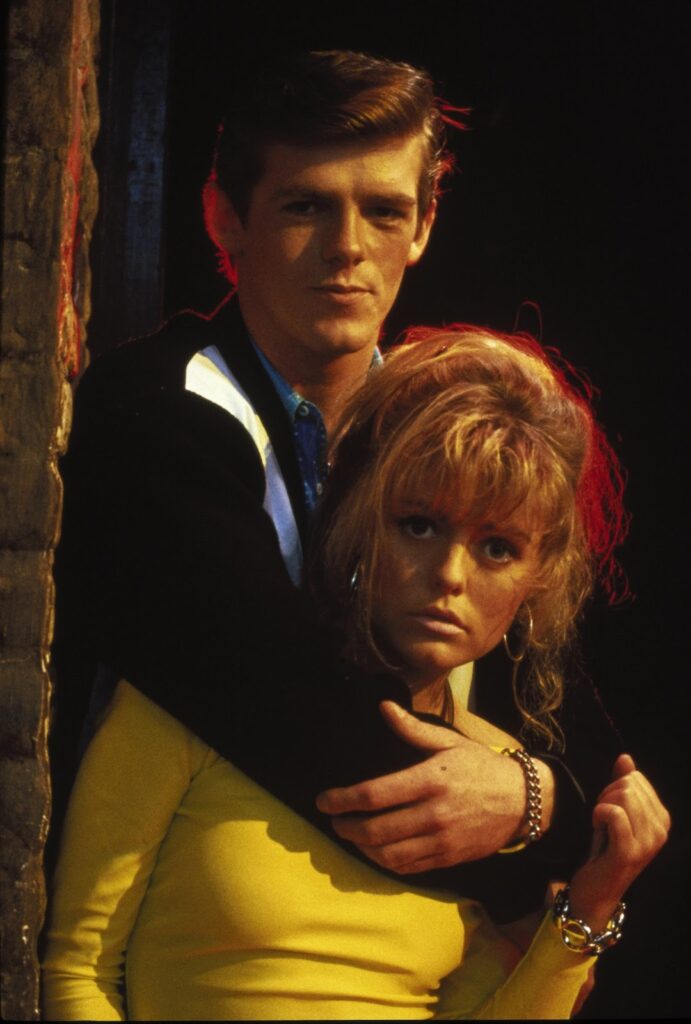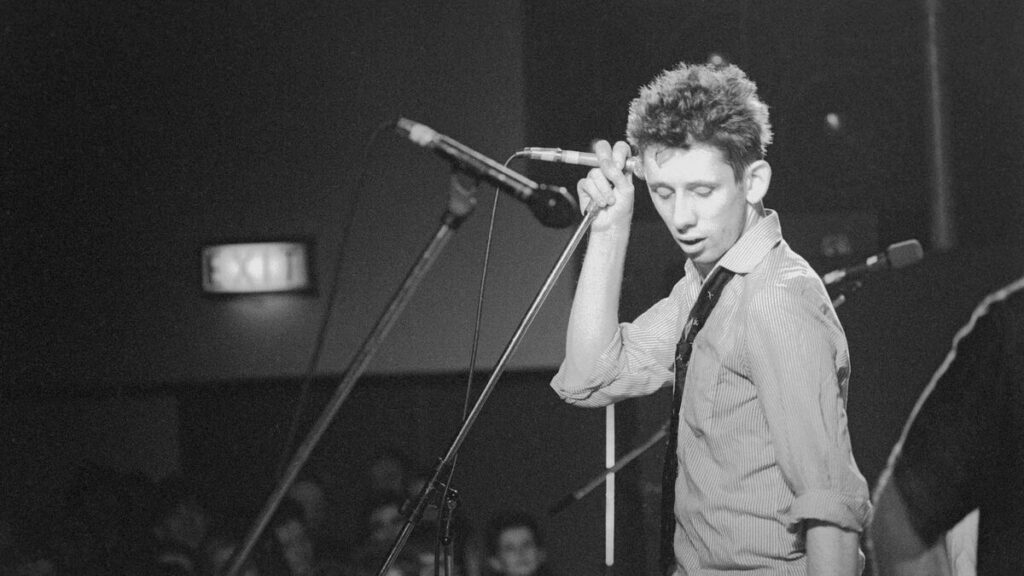JULIEN TEMPLE DIRECTS AGAIN
Johnny Depp Produces The Pogues' Shane MacGowan Doc


There couldn’t be a more fitting filmmaker to document the life and times of Shane MacGowan, the Irish singer, songwriter, infamously heavy boozer, and front-man of the Pogues, than Julien Temple. He has been chronicling the punk and post-punk music scene in England for over four decades, beginning in 1977 with the Sex Pistols, when he shot the band’s video for its anarchic anthem, God Save the Queen. Three years later, he made his first feature-length film about the Pistols, called The Great Rock’ n’ Roll Swindle, which captured the ill-fated group’s final days and last performance in San Francisco.
In 2000, Temple set out to correct, or at least revise, the Pistols’ myth that his film helped cement, with The Filth and the Fury. Johnny Rotten, the band’s lead singer, dismissed The Great Rock’ n’ Roll Swindle as being essentially propaganda for Malcolm McLaren. This divisive and controversial impresario took credit for shaping the band and guiding it to international stardom. Fury was meant to set the record straight and present the band members’ perspective on its origins.

Throughout the 1980s and ’90s, Temple shot a staggering amount of music videos in MTV’s burgeoning days. The list of musicians he worked with during that era is mind-boggling. It includes Judas Priest, the Stray Cats, Depeche Mode, Culture Club, Dexys Midnight Runners, Duran Duran, the Kinks, Sade, David Bowie, Tom Petty, Neil Young, Janet Jackson, the Rolling Stones, Whitney Houston, Wilson Phillips, and rap pioneers Erik B. & Rakim, to name but a few.

Temple’s new film, Crock of Gold – A Few Rounds with Shane MacGowan, currently in theaters and streaming on Amazon Prime, offers a poignant and comprehensive look at the legendary musician’s life. MacGowan himself narrates it. Made in Temple’s signature style, the film weaves together concert footage, interviews, dramatizations, stock film, and animation to present both a micro-and-macro view of the groundbreaking artist who, with the Pogues and later the Popes, fused Irish traditional music with a punk-rock attitude. MacGowan is to Ireland what Bob Dylan is to America, or Gordon Lightfoot is to Canada. These master lyricists sought to revitalize and recontextualize the folk music of their respective countries for contemporary audiences. It would be impossible to overstate the impact that MacGowan made on Irish music and culture.
He is not in the best physical condition after a lifetime of drinking (he became a full-fledged boozer by the age of 6). Wheelchair-bound during Crock’s filming, his interviews and narration are subtitled, when his speech at times is reduced to an incomprehensible mumble. Nevertheless, he is present, mostly articulate, humble, hopeful, and looks back on his debaucherous life with a drink in hand and not a shred of regret. From his childhood on, he considered his purpose on earth singular: to be the torchbearer of Irish music, and believes God chose him to fill this role — he shares a Christmas Day birthday with Jesus Christ after all.


